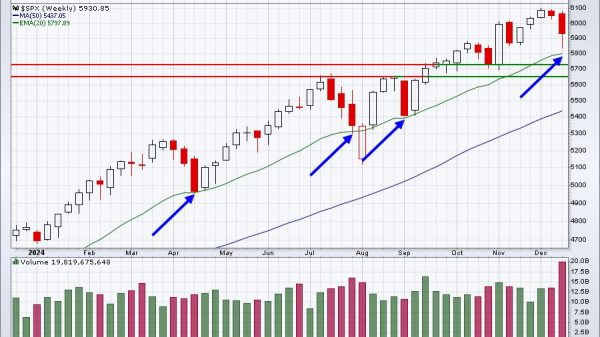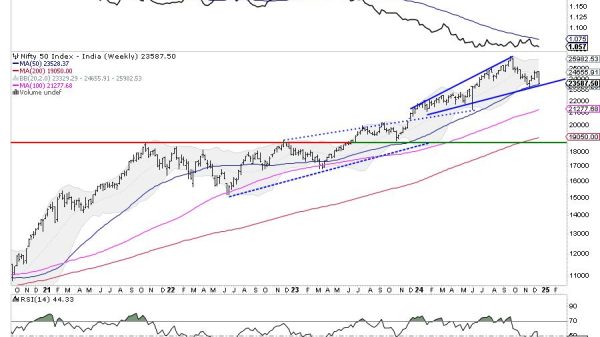Gabriella Beaumont-Smith
On July 4th, many Americans will take to the outdoors to celebrate the Declaration of Independence from my home nation, Great Britain. These days, most people know to lather on sunscreen when spending time outside in the summer (though dermatologists insist sun protection is necessary year‐round). However, sun protection is not only about safety and avoiding painful sunburn but an anti‐aging procedure. Now that you can safely tan from a bottle, SPF is ubiquitous—in skincare products, lip balms, and makeup. You can even protect yourself from harmful UV rays with special clothing and umbrellas.
While the sun care aisles in stores make it look like the variety in sunscreen and sun protection‐related products is diverse, the truth is that the actual UV blockers in products available in the U.S. have barely evolved in the last 40 years. The reason is that the Food and Drug Administration has not approved a new active ingredient for sun care products in decades.
The FDA regulates sunscreen as an over‐the‐counter drug, and the agency must evaluate and approve the ingredients before the product can be marketed. To reduce the level that UVA and UVB rays can penetrate skin, active ingredients called “filters” are used. In the U.S., only some physical and chemical filters are permitted, but they tend to either leave that chalky residue or make your skin feel greasy. Many consumers have reported that sunscreens available in other countries, primarily the European Union (EU), Australia, and Japan, are much better. The EU allows 27 different active ingredients to block sunburn and skin damage, whereas the FDA has only approved 17. The number of approved ingredients matters because not all filters can seamlessly be formulated into sunscreens or other suitable products for skin application. Moreover, some of the ingredients approved in the EU and Japan but not the US are more effective and long‐lasting. As a result, the products do not need to be applied as often, giving consumers more bang for their buck.
But, without FDA approval for new and improved active ingredients, foreign companies selling better sun protection products cannot gain access to the U.S. market, and therefore impede consumers from buying superior sun protection. These types of regulations are known as “non‐tariff barriers (NTBs),” and are an unfortunate response to the considerable trade liberalization that has occurred in the last 75 years. It is estimated that over 75 percent of U.S. industrial imports (essentially everything but agricultural products) are affected by some type of NTB, compared to 50 percent of U.S. industrial imports that are subject to tariffs. Put differently, one‐quarter of U.S. industrial imports are free from NTBs and one‐half are free from tariffs. Thus, the coverage of barriers to U.S. imports remains high, costing consumers.
So, as you celebrate America’s Independence Day, remember the importance of liberty because it affects everything, even the quality of your sunscreen.























